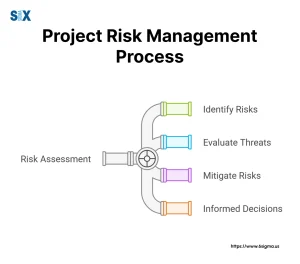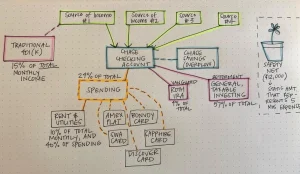
The finance function is at the heart of organizational performance, providing core capabilities that help support organizational goals. In today’s competitive and disruptive environment, the role of the finance function is evolving to meet new needs. It has a critical role to play, supporting strategy, profitability, and competitive advantage. It must be agile, adaptable, and nimble to meet these challenges. Adapting to the new normal requires a strong and effective finance function.
In addition to operating costs, the finance function helps the business diversify, expand, and modernize. The finance function helps a business grow by providing the funds to acquire the necessary assets, whether tangible, like furniture, or intangible, like patents. Keeping track of cash inflows, outflows, and cash balances are among the primary concerns of the finance department.
Expert financing decisions can lead to enhanced performance and growth. Finance functions deal with acquisition of capital, such as debt and equity capital. Equity capital is money a company has raised from owners or other shareholders. Debt is money borrowed from outside sources. Its use depends on the business’s strategy and needs. It is important to identify the appropriate mix of long-term and short-term financing.
Technology and automation are driving major changes in the finance function. With real-time data, fewer finance cycles are needed. Likewise, remedial data processing is becoming more automated. Automation, data integrity, and advanced analytics are enabling the finance function to focus on tasks that add value to the business. The modern finance function is more integrated with the entire organization.
Finance functions help business owners identify the sources of capital for their businesses. Depending on the needs of the business, the finance function can obtain funds from shareholders or other sources. It’s important to compare various sources of funding before deciding on the best source of finance for a new venture. In some cases, the finance function will provide loans or equity to the business.
Agile approaches to the finance function enable teams to anticipate, adapt, and react to environmental changes. The goal is to create a more collaborative environment where data-driven insights and tailored decision support are delivered timely and efficiently. Agility also enables the finance function to deliver business value faster. It is important to build a finance team that is focused on the business value.
As the CFO, you have the opportunity to drive strategic insight and value creation. This requires a clear understanding of emerging technologies and the role of the CFO. It also means being able to give direction to the team and transform the finance function into a source of value creation and savings. This is essential in today’s world of digital transformation.







